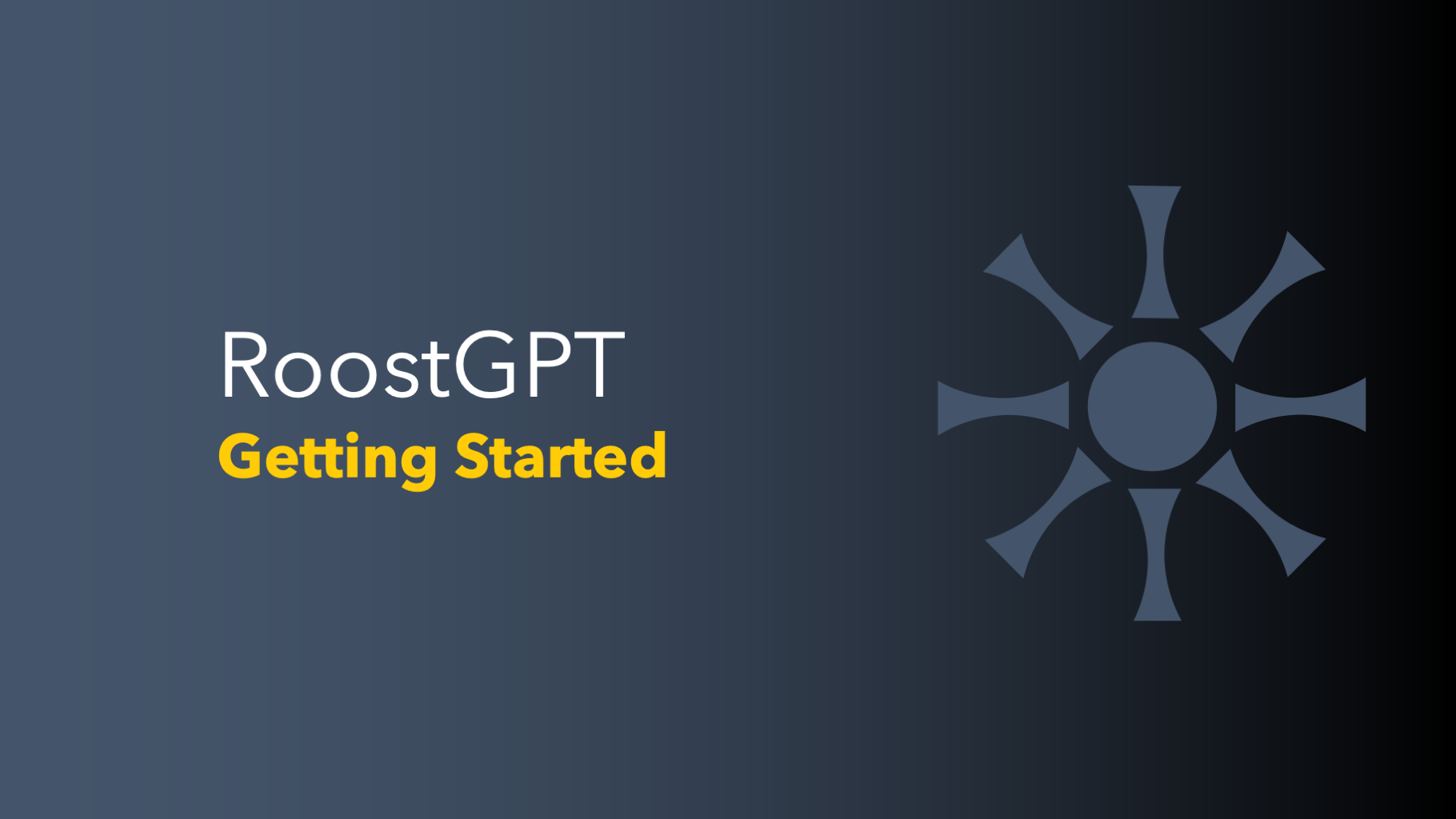<< Previous Edition: RAG in generative landscape
ChatGPT's first anniversary signals a pivotal shift from the BC (Before ChatGPT) Era to the CE (ChatGPT Era). This transition, as thrilling as a Bollywood or Tarantino movie, has been a rollercoaster of events, blending every conceivable element of drama and excitement. It is a remarkable testament to the intricacies of human nature, demonstrating our innate capacity to infuse even the most formidable moments with a captivating sense of theatrics.
This journey with ChatGPT is comparable to the historic discovery of fire by early humans. Picture two emerging factions: the cautious "Extinguists to Avoid Accidents" (EA) and the ambitious "Effective Accelerationists" (e/acc). The Extinguists, prioritizing safety, advocated for a careful, gradual exploration of fire. In contrast, the e/acc group, driven by urgency and competitive spirit, championed rapid innovation, aware of the potential for rival groups to misuse this discovery. The division observed here reflects the wide range of responses to the advancements made by GenerativeAI, showcasing the diverse attitudes towards groundbreaking technologies.
In the pursuit of AI Alignment in a World Lacking Human Alignment
The recent focus on aligning generative AI with human values has brought to light a critical issue: the inherent lack of alignment among humans. As we delve into AI's congruence with human ethics and interests, we're faced with our own discord in values, beliefs, and objectives. This divergence overshadows the task of aligning AI with a coherent set of human principles, reflecting the intricate and often contradictory nature of human society. The challenge isn't just about technology adapting to us but also about understanding and reconciling our own varied perspectives.
This theme of our creations mirroring us is evident even in simpler technologies, like the design of car headlights. Resembling the human form with two eyes, this design subtly reflects our tendency to imprint our image onto our innovations. It's a metaphor for how our technologies often mirror our nature, a concept now unfolding on a grander scale with generative AI. This resemblance serves as a reminder of the deep connection between our ingenuity and the technologies we develop.
Macbeth's Echo: Power Plays and Ethical Dilemmas
The events at OpenAI, including the firing and reinstatement of Sam Altman, mirror themes from Shakespeare's Macbeth. These include power struggles and the dangers of overconfidence. This story reminds us of the importance of humility in AI governance.
Central to the OpenAI story is a cautionary tale about the pitfalls of ego in the world of artificial intelligence. Intelligent and well-intentioned individuals sometimes fall prey to overconfidence in their understanding of AI's risks, driven more by self-importance than by a pragmatic concern for humanity. This episode serves as a stark reminder of the need for introspection and humility in AI governance, highlighting the importance of acknowledging our perceptions and limitations.
Furthermore, the OpenAI incident prompts us to delve into the deep and intricate concept of consciousness, a topic explored extensively in Indian philosophy. This ancient wisdom underscores the profound complexity of consciousness, challenging the notion that we can engineer machines to surpass this intricate human dimension. Such ambition, while pushing the boundaries of technology, may also reveal a degree of narcissism. As we continue to innovate in AI, it becomes imperative to understand the limits of our knowledge and the potential risks involved in overestimating the capabilities of our creations.
Beyond Silicon Minds: Consciousness vs. AI
☸️ Kelvin Lwin, a Chief AI Officer (CAIO) and spiritual mentor, brings a unique perspective that combines technological insights with philosophical depth. Drawing from Eastern philosophical traditions and contrasting them with Western technological thought, he offers a nuanced view on the relationship between AI, consciousness, and humanity.
According to Kelvin, Indian ancient wisdom categorizes the world into distinct entities: Creator, Humans, Animals, and Machines. This philosophy emphasizes a clear separation between consciousness and the physical realm, unlike Western thought which often places Machines at a higher level, envisioning a future of transhumanism and technological integration. He suggests that this fundamental difference centers on what is deemed primary – consciousness or the physical world.
Kelvin points out that Eastern dualism asserts that consciousness cannot arise from silicon-based machines, regardless of their intelligence. This stance contrasts with many modern technologists' belief that creating a sufficiently complex machine will inevitably lead to consciousness, often overlooking the essence of sentience. He highlights that the upcoming years will be pivotal in determining whether modern understanding can align with ancient philosophical insights. Kelvin cautions that if humans elevate themselves to the level of creators, driven by narcissistic pride, their technological creations may reflect similar misalignments, potentially leading to complex challenges in the field of AI.
Final Thoughts: The Certainties of Generative AI and LLMs
In the constantly evolving domain of generative AI and Large Language Models, two truths remain steadfast. First, we must never underestimate the limitless potential of innovation, which has the power to advance at a pace and scale that consistently exceeds our wildest imaginations. Secondly, the human inclination for drama serves as an ever-present companion on this journey. Our innate penchant for theatrics plays a pivotal role in shaping the narrative and evolution of these remarkable technologies.



